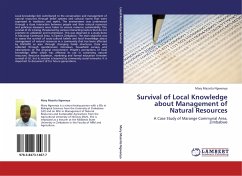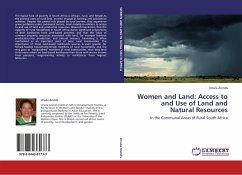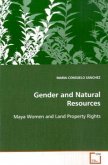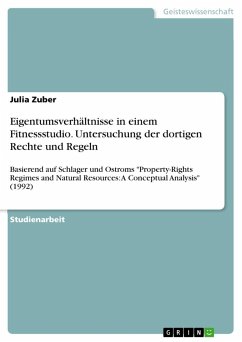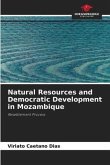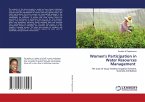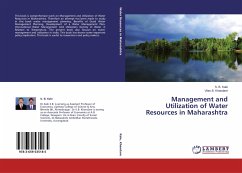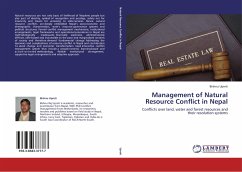Local knowledge (LK) contributed to the conservation and management of natural resources through belief systems and cultural norms that were expressed in traditions and myths. The environment was understood through a close interaction between people and their natural resources and judicious measures were taken to ensure resource sustainability. The survival of LK is being threatened by various interacting factors that do not promote its utilization and transmission. This was observed in a study done in Marange Communal Area, in Eastern Zimbabwe. The main objective was to assess the survival of socio-cultural beliefs and local knowledge about management of natural resources in a community that has been affected by HIV/AIDS as seen through changing family structures. Data was collected through questionnaire interviews, household surveys and observations of the physical environment. People s perceptions of local knowledge differ which has affected its use in conserving natural resources. Resource depletion, marketing and formal education threaten survival of LK, but its erosion is lessened by community social networks. It is important to document LK for future generations.
Bitte wählen Sie Ihr Anliegen aus.
Rechnungen
Retourenschein anfordern
Bestellstatus
Storno

